How much is enough?
When it comes to things that are good for us.
Like exercise.
And meditation.
How much is enough?
All those things we know are good for us, but don’t really want to do.
I know there are those rare souls who love nothing more than running marathons, climbing mountains and meditating all hours of the day.
You may find them inspiring or annoying, but either way, what about the rest of us?
The ordinary person, not driven in quite the same way.
Inclined to lounge on the sofa or noodle around on the internet.
Or just too busy trying to keep it all together.
How much is enough for the rest of us?
I was asked this the other day about meditation.
I started by saying:
'“Well, like anything, the more you do, the more benefit you get”.
Then I talked about starting small, making sure things make sense and enjoying the process along the way.
All good advice.
Or so I thought.
And then I heard someone say something completely different that turned my thinking upside down.
They weren't talking about meditation, but when asked how much was enough for what they were doing, their answer was:
“as little as possible”.
This stopped me in my tracks.
What if we apply that to meditation?
Why do we always assume that more is better?
Maybe because the people who lead the way tend to be a bit extreme.
And they seem like amazing people, so we want to be like them.
Fair enough, all very inspiring.
But perhaps a little disheartening as well.
Especially if we find we don’t naturally take to the thing.
What if we start at the other end of the equation?
Instead of assuming that “as much as possible” is the goal, what if we aim for “as little as possible”?
Of course, this begs the question, “as little as possible for what?”
This naturally leads us to the beautiful question:
“Well, what do you want?”
Bingo.
Now we’re cooking.
Instead of adopting someone else’s value system, we’re finding our own way, building things from the ground up.
Sure we can get guidance and learn from other people’s experiences.
But maybe we can start small and stay close to what we care about and what we need.
My sense is that this works better and ultimately helps us go faster and further.
Thanks to Tad Hargrave for the “as little as possible” framing.
Want to find out more?
Feel free to send me an email or schedule a free conversation about mindfulness coaching.
